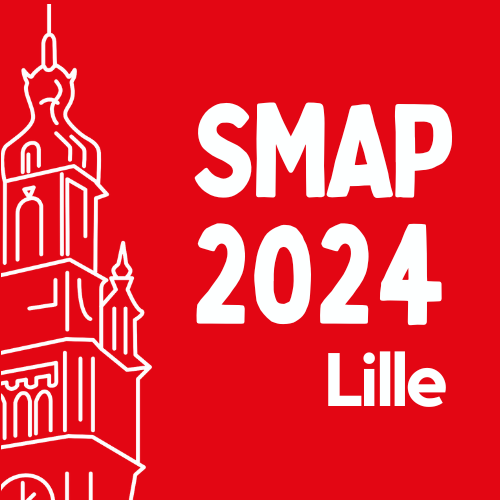
Session: Session 4
Proteomic signature of metamorphosing coral larvae: Liquid Chromatography – Mass Spectrometry based identification of proteins differentially expressed during life cycle transition from swimming planulae to settling larvae
Coral larval metamorphosis is a critical life cycle transition from swimming planula to benthic polyp, key for reproductive success and coral populations survival. However, the physiological processes involved during this transition remain largely unknown. Our goal was to identify metamorphosis-related proteins in settling coral larvae.
We conducted a longitudinal study of coral larval proteome, via label-free quantification proteomics of swimming planula versus stage 4 settling larvae. Planula larvae emitted from aquarium propagated Pocillopora acuta Lamarck 1816 colonies spontaneously underwent metamorphosis in vitro in filtered seawater, allowing access to the genetically encoded larval metabolic changes. Successive developmental stages were sorted out at onset of metamorphosis according to morphology, and differentially expressed proteins were analyzed by nanoLC-MS of TFA extracts of initial planulae and stage 4 larvae from 4 parental colonies.
As a result, a total of 3551 proteins were identified across the two larval stages and all 4 colonies with 76 differentially expressed proteins (FC >1.5 and P < 0.05) categorized into 9 functional groups: adhesion, biomineralization, structural support, antioxidant activity, catalytic activities, immunity, morphogenesis, cytoskeletal protein binding, transporter activities and proteins with unknown function.
Proteomics led to identify expression shifts in specific proteins associated with different biological processes: energy production, intracellular signaling, cytoskeleton remodeling, stress response and innate immunity activation. These results provide molecular evidence to elucidate the important changes in function that occur at the very beinning of the larval metamorphosis. More functional analysis of the candidates identified by this study will provide an ideal information to uncover the detailed mechanisms of the larval metamorphosis in Pocillopora acuta, and possibly other coral larvae.